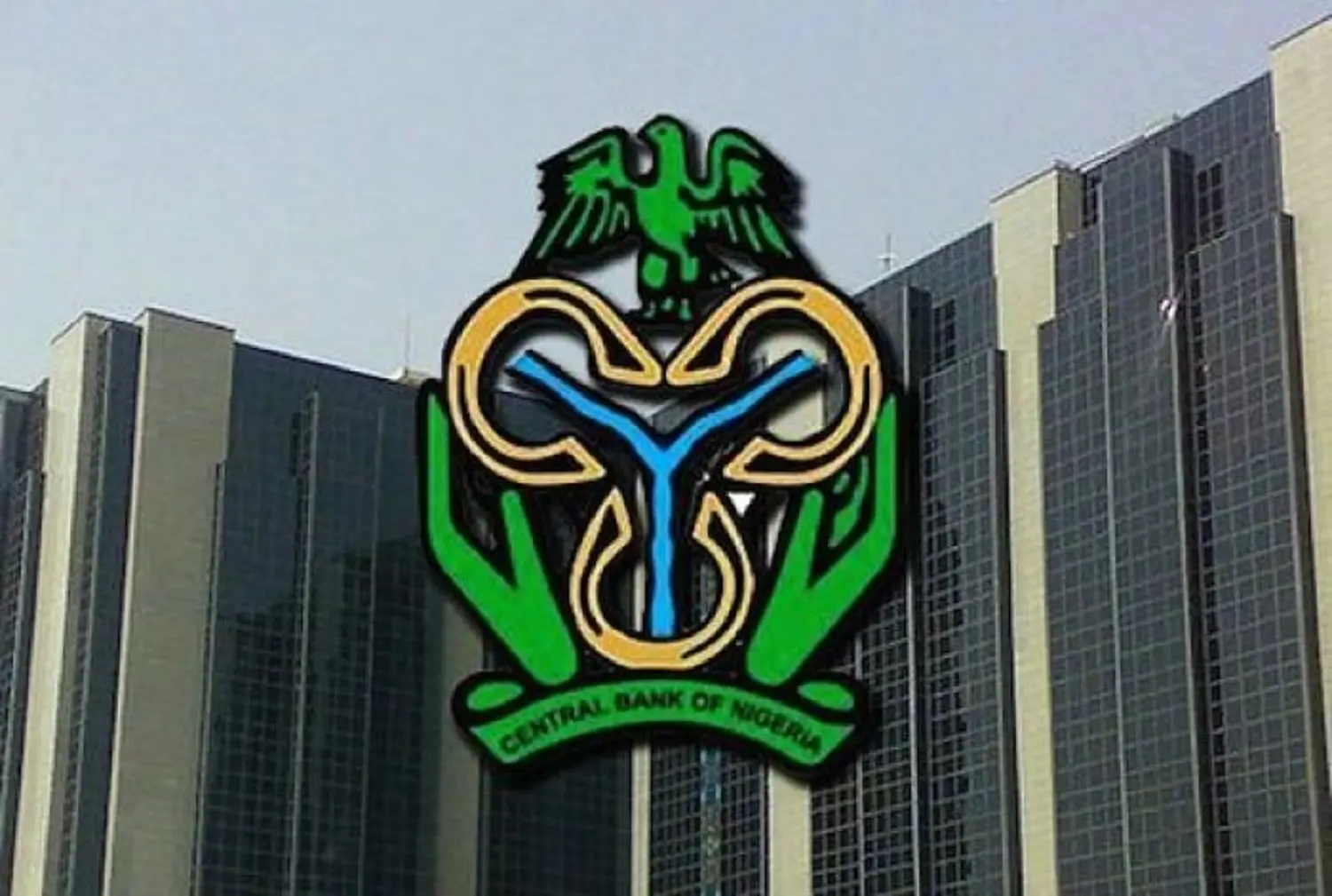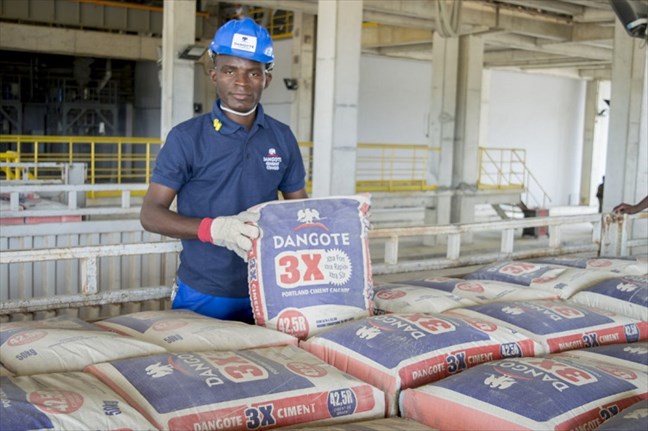Saying that the lack of development in Nigeria’s electricity industry, despite the enormous sums of money invested in it by successive administrations, is “appalling and discouraging” would be an understatement.
But that’s how Mr. Femi Otedola, Executive Chairman, Board of Directors, Geregu Power Plc, assessed the general situation of the electricity industry.
Otedola, who admitted that the industry faces difficulties, pointed out that these issues may be overcome.
He identified transmission as the main difficulty, and everyone agrees that it has looked hard for succeeding governments to address this problem.
Speaking at the “Closing Gong ceremony” and commemoration of the company’s first Annual General Meeting (AGM) on the floor of the Nigerian Exchange Limited (NGX) in Lagos, Otedola revealed the hard truth that if the power sector was well organized, it would be cheaper and have a lot of positive impact on the manufacturing sector as well as the country’s overall economy.
Challenges of The Power Industry in Nigeria
“The power industry has several challenges, but they are manageable.” It is an issue of national leadership and willpower. It is significantly less expensive if the power is carefully organized.
“It’s just a matter of time before we get there.”
The business magnate questioned why it is so difficult for the government to increase its power generation capacity when an individual like Aliko Dangote has developed 2000 megawatts for his facilities.
“Aliko, an individual, has constructed 2000 megawatts of power for cement, fertilizer, and refinery plants.” Yet the nation where I was born only has 5000 megawatts of power.
“It is sad and upsetting that all consecutive administrations have failed in this area, but I believe we are finally at a point when the electricity sector will receive a great deal of attention and importance.”
We have new facilities that the government constructed years ago that are now lying idle, and the main problem is transmission; there is a need to examine this area,” he stated.
What Are The Solution to Power Situation in Nigeria?
He also stated that Geregu was expanding its ability to produce enhanced performance and maximize shareholder value, emphasizing that the sector’s difficulties could be addressed if the government prioritized them correctly. For starters, he feels that engaging investors in the business is the best way forward.
“Any administration that thinks clearly will seek out entrepreneurs in this field who have invested so much wealth and time and allow them to solve the problem.”
“Today, we would still be importing cement if the government had not invited Aliko to develop a cement factory and create an enabling environment.”
“You need to list your company on the stock exchange to sustain wealth,” he said, adding, “We’ve come with a lot of firsts; the first power company to list on the Exchange, the first power company to embark on an aggressive 300% expansion drive, the first company to release its results on the stock market.”
In a similar development, Doron Grupper, a director of the power holding company who is pleased with the power firm’s successes thus far, said that Geregu has professionals and competent management to enhance its capacity.
“I’ve been with Geregu for many years, ever since we built the power station. According to my knowledge, this power station runs on natural gas. We have a terrific team of specialists and competent management to help us grow.
What’s The Way Forward?
“We are now producing 450 megawatts, but we have the ability to expand to 1300 megawatts in the next two years.” We have the money and the people, but we need the government of Nigeria’s help to handle several gas-related issues.
“We have a big opportunity to grow and contribute to Nigeria in the power industry, as well as to expand the amounts and capacity of energy available to Nigerians.”
Grupper told TV reporters, on the sidelines of the NGX event on Tuesday that the gas difficulties are related to the price of gas, which he observed is still low and needs to be raised. The difficulties are also related to the amount of gas and “the pressure of the pipeline; we need to raise it.” These are the three primary challenges that the government must address in order to aid us in increasing our capabilities.”
“I hope that we will enter a new age of energy here in Nigeria in the near future,” he continued.
In terms of how much money has been invested in Geregu, he stated, “When we purchased the power station in 2015, we generated 113 megawatts.” To get to 450, we had to do a substantial upgrade. Now we’re conducting another significant upgrade that will cost more than $250 million.”













